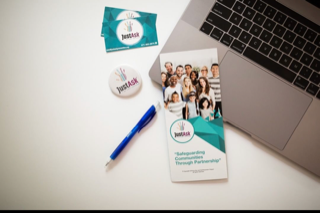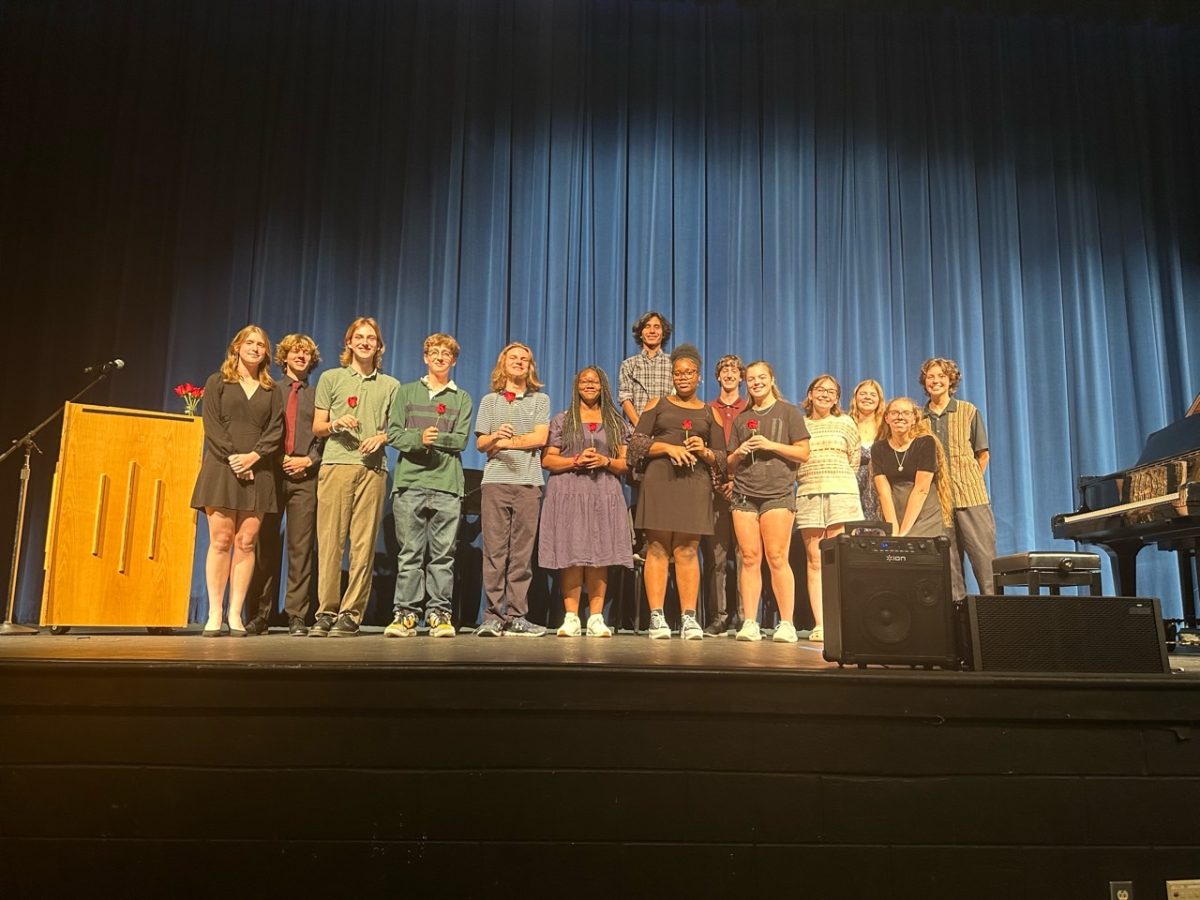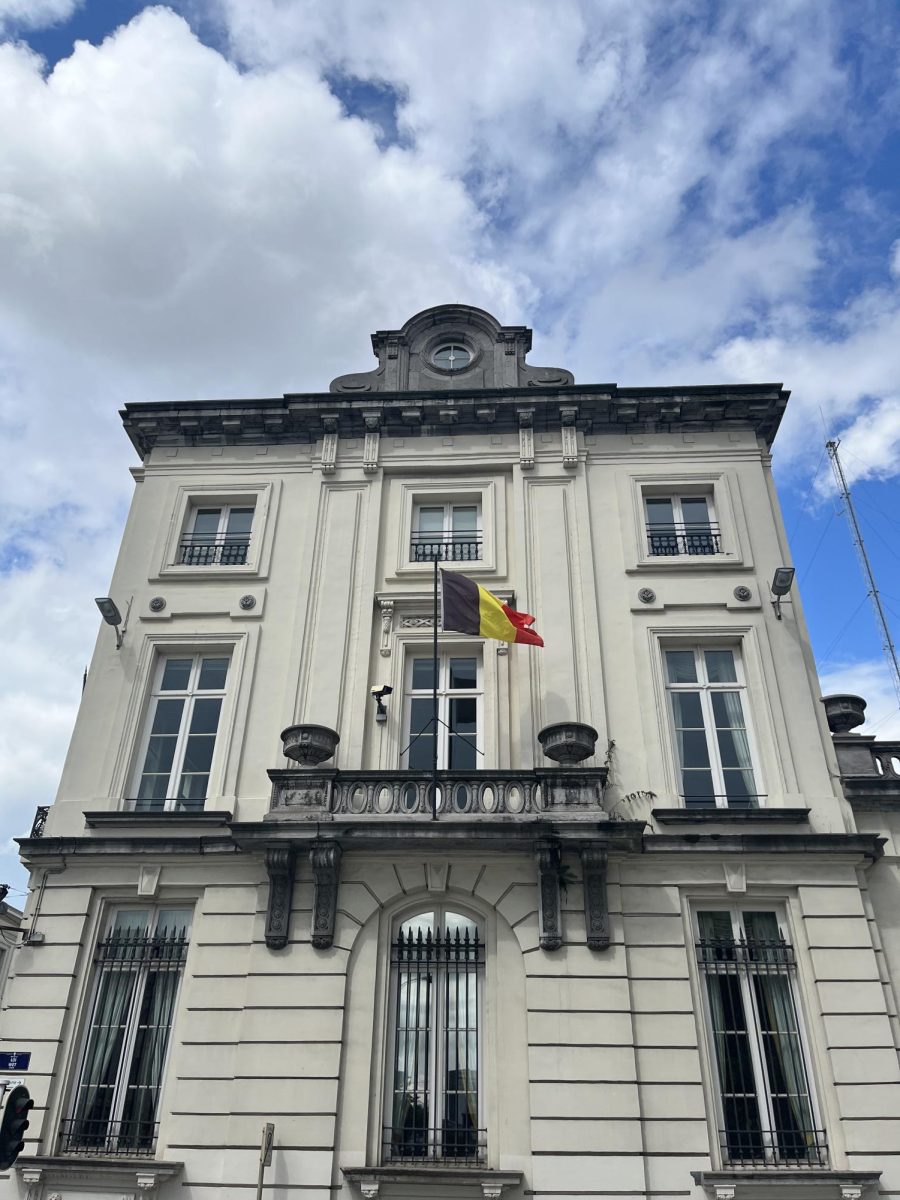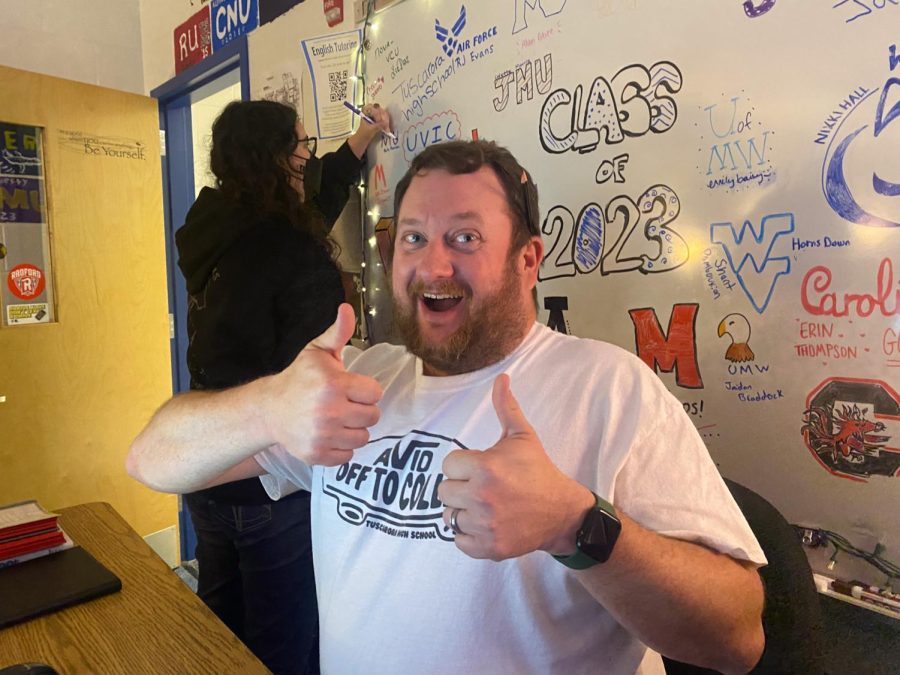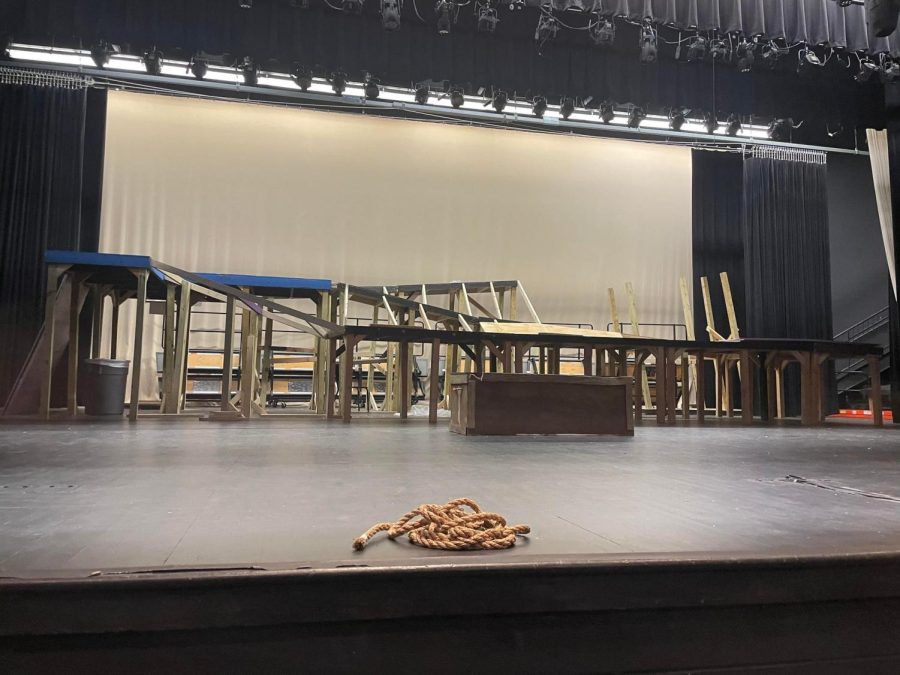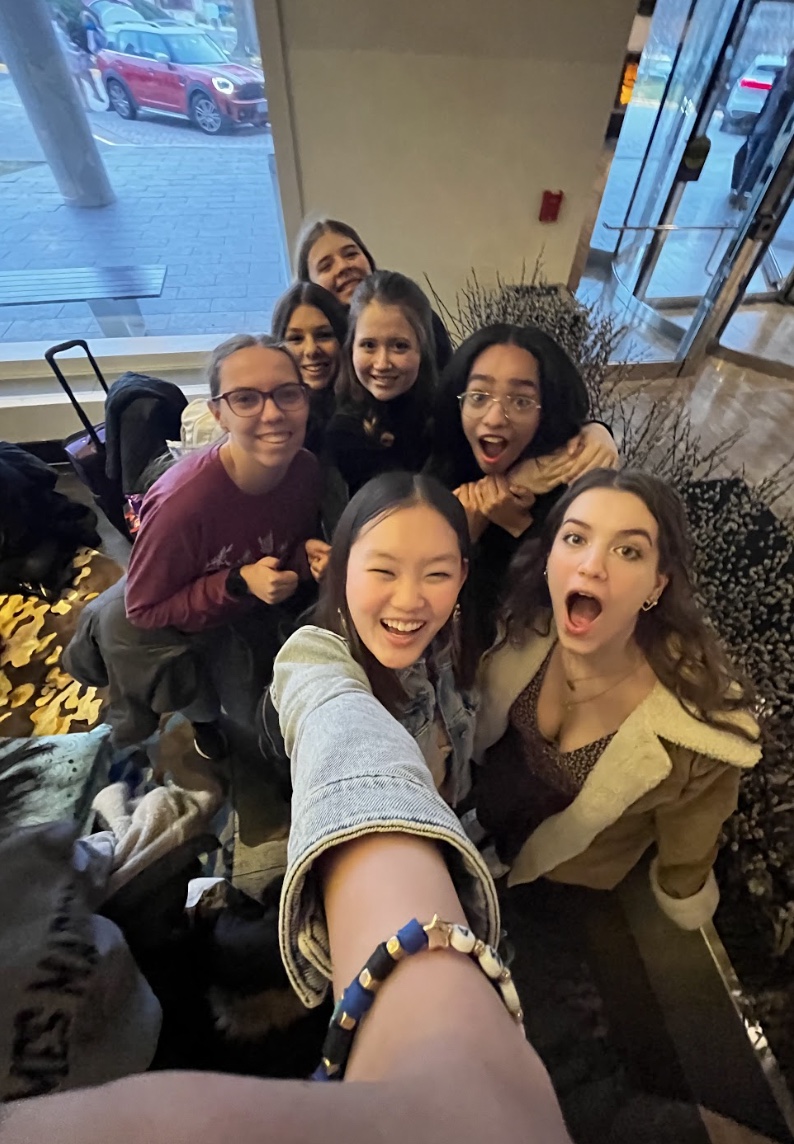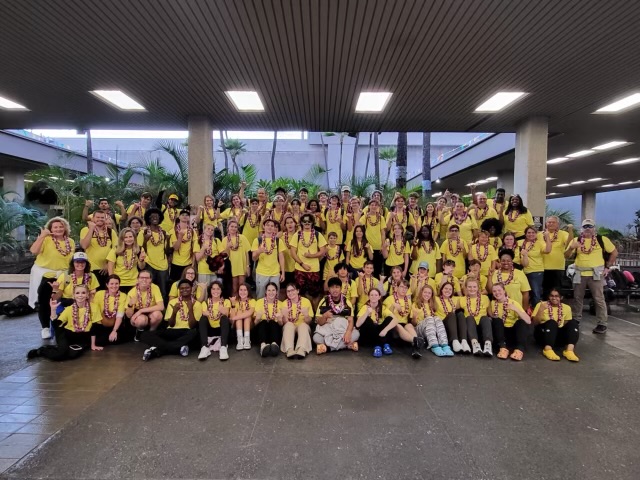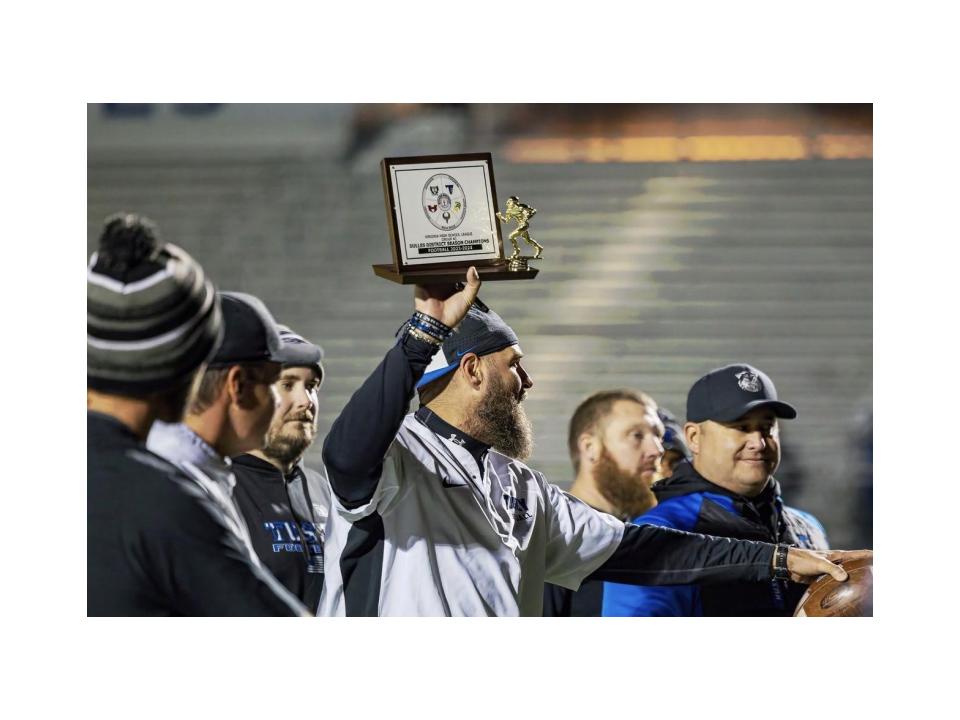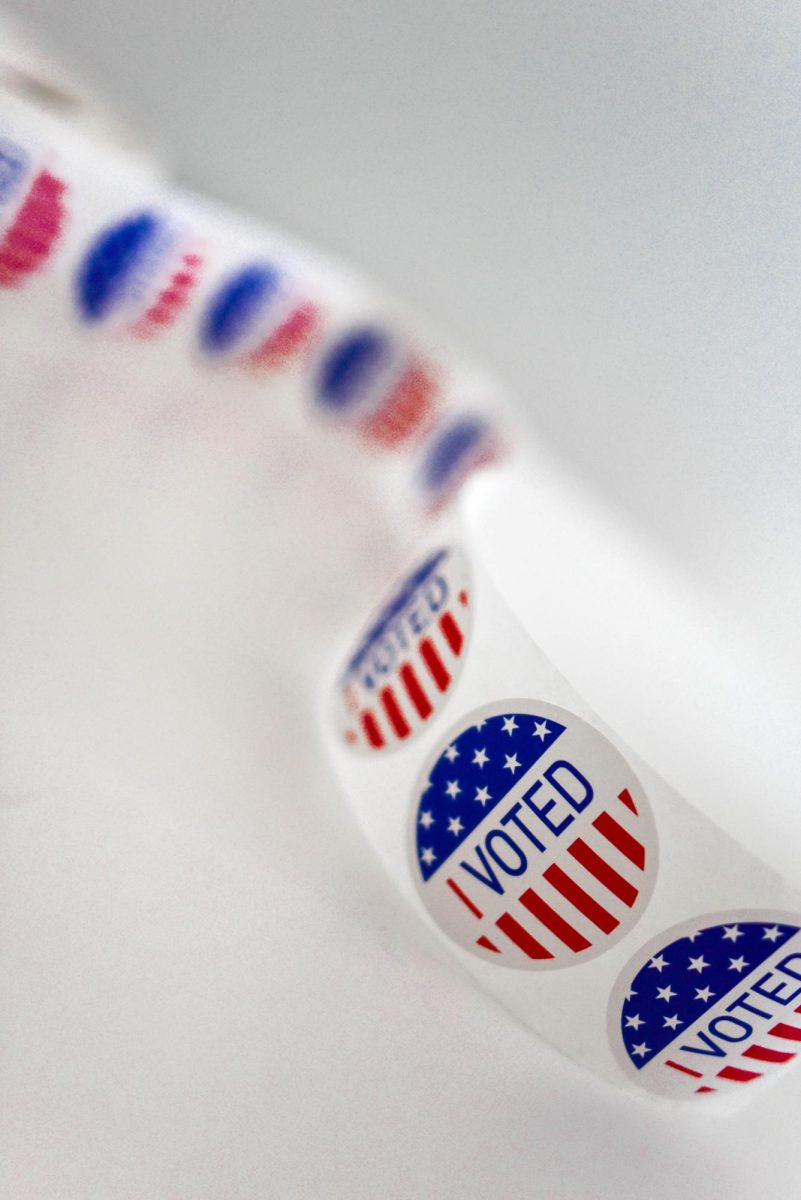By — Taylor Byrne
Photo courtesy of Kyle The Girl Photography
What is human trafficking? Human trafficking by definition is the compelling of a person to engage in commercial sex or forced unfair labor. However, it is so much more devastating and traumatic than the definition implies. Human traffickers, especially of juveniles, feed on ignorance. The ignorant belief that because we live in a wealthy, sheltered county, that we are safe from trafficking. This is the biggest misconception about trafficking, that it doesn’t happen in good places, or that it doesn’t happen in the United States. But in reality, the Unites States is the third largest supplier in the underground world of human trafficking, the source of 35 billion dollars in a 150 billion dollar industry. That is more than Microsoft makes annually.
On Thursday, January 30th at Briar Woods High School, Loudoun County Public Schools hosted a teen trafficking seminar to raise awareness as well as educate parents, students, and teachers about the dangers that it could pose to our local communities. At this seminar, LCPS brought in an educated panel on the subject of teen trafficking, including: Detective Bill Woolf, Erin Fisher, a representative from The Prevention Alliance of Loudoun, Susan Young, a mom of a victim of human trafficking, John Petty, Loudoun County’s Gang response and Intervention Team Coordinator, Meghan Marshall, a LCPS student assistance specialist, Luitenant Jamie Sanford with the Leesburg Police Department, Seargent Wayne Permaseal with the Loudoun County Sherrifs Office, Michelle Smith the Superintendent of the Loudoun County Juvenile Detention Center, and Buta Biberaj, Loudou’sn Commonwealth attorney. It was an extremely knowledgeable panel that was able to answer any questions or concerns that the audience had.
The education portion of the seminar was led by Erin Fisher from Just Ask Prevention, a non-profit organization whose focus is to spread awareness of teen trafficking. She shared statistics, warning signs of possible victims, how people are targeted, what traffickers look for in their victims, and what to do if you feel you, a friend, or a loved one could be endangered or at risk of teen trafficking. This information and more can be found at www.justaskprevention.org. And if you wish to get involved, you can volunteer as well as attend the Youth Cares Conference for Teens and Young Adults, which will be held at the end of March or early April.
After the information section of the seminar. The panel of representatives answered the questions and concerns of the audience. Majority of the audience members were concerned parents who wanted to keep their children and communities safe. Specifically they asked what were the panel member’s opinions on cell phone restrictions and access. The panel stressed that they understood their concerns, and while the majority of teens meet their traffickers through technology, restricting access and violating your child’s privacy will only push them away. Teen traffickers look for people who seem isolated, people who don’t have strong connections to their friends and family. That is why it is so important to keep your child’s trust while also keeping them safe, it’s a difficult balance to maintain.
One of the issues that law enforcement faces with human trafficking is that it is such a large problem, larger than anyone can truly know, interwoven into our society so well that people don’t even notice. The majority of gang members who are involved in scouting teens to traffic, especially those affiliated with MS-13, usually are between the age of 15-17, an age that a person typically would not associate with trafficking, or any other serious crime. Traffickers are smart, they scout for weeks, months even, they gain their victims trust, they learn the entire schedule of every member of the family, all while still attending school. So under the radar, that they are almost impossible to catch, unfortunately, the law identifies less than 1% of victims, because traffickers cover their tracks so well.
The sad truth is that there is no concrete plan to stop teen trafficking. All that they can do is educate people, offer support to victims, and stop as many traffickers, and those affiliated with trafficking as possible. The biggest prevention they preached was empowerment, empower victims to stand up, empower families to recognize the signs and fight, and empower everyone to learn as much as possible and help in any way they can.
